A Quick Guide to Everything
You Need to Know About Leasing
In recent years, vehicle leasing has gained significant popularity as an attractive alternative to traditional vehicle ownership. It appeals to individuals who desire the latest models with lower upfront costs and flexible terms. In this article, we'll take a look at some answers to common questions about vehicle leasing.
Whether you're a first-time lessee or considering your leasing options, we aim to provide clarity with this quick guide to everything you need to know about vehicle leasing!

What is Vehicle Leasing?
Vehicle leasing, or Personal Contract Hire (PCH), is an increasingly popular method of obtaining a vehicle. Instead of purchasing a car outright, leasing allows individuals to effectively rent a vehicle for a set period, typically two to four years (24 to 48 months). During this time, the lessee (the person leasing the vehicle) makes monthly payments to use the car. Unlike ownership, where you have a long-term commitment to the vehicle, or Personal Contract Purchase (PCP), where you are obliged to purchase the vehicle at the end of the agreement, leasing offers a more flexible and cost-effective alternative.
Key Terms to Know
To navigate the world of vehicle leasing, it's important to grasp key terminology. Terms like "lessee" (the person leasing the vehicle), "lessor" (the entity providing the vehicle for lease), and "residual value" (the estimated value of the car at the end of the lease) are essential to understanding lease agreements.
Difference Between Leasing and Traditional Financing
Leasing differs significantly from traditional financing or purchasing a vehicle. While purchasing a car involves taking out an auto loan and owning the vehicle outright, leasing offers a more flexible and cost-effective way to access a new car without a long-term commitment. Check if you're eligible.
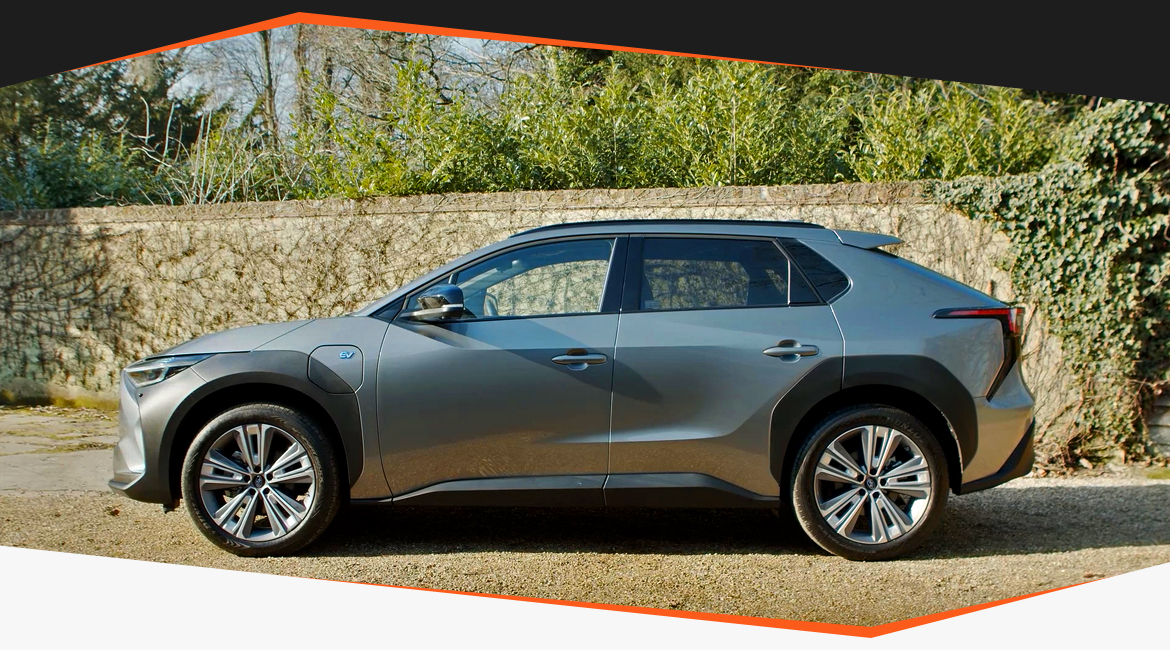
Lease Terms and Agreements
Lease Term Duration
One of the common questions about vehicle leasing involves the length of lease terms. Lease durations typically range from 24 to 48 months, but they can vary based on individual preferences and leasing companies. Shorter leases offer the advantage of driving a new vehicle more frequently, while longer leases may result in lower monthly payments.
Flexibility and Early Termination
Vehicle leasing offers a degree of flexibility in choosing lease terms, allowing individuals to align the lease duration with their driving habits and financial preferences. It's essential for lessees to be aware of potential penalties for early lease termination. While early termination is possible, it may incur fees and costs, such as paying the remaining lease payments. Understanding these penalties can help lessees make informed decisions about lease duration.
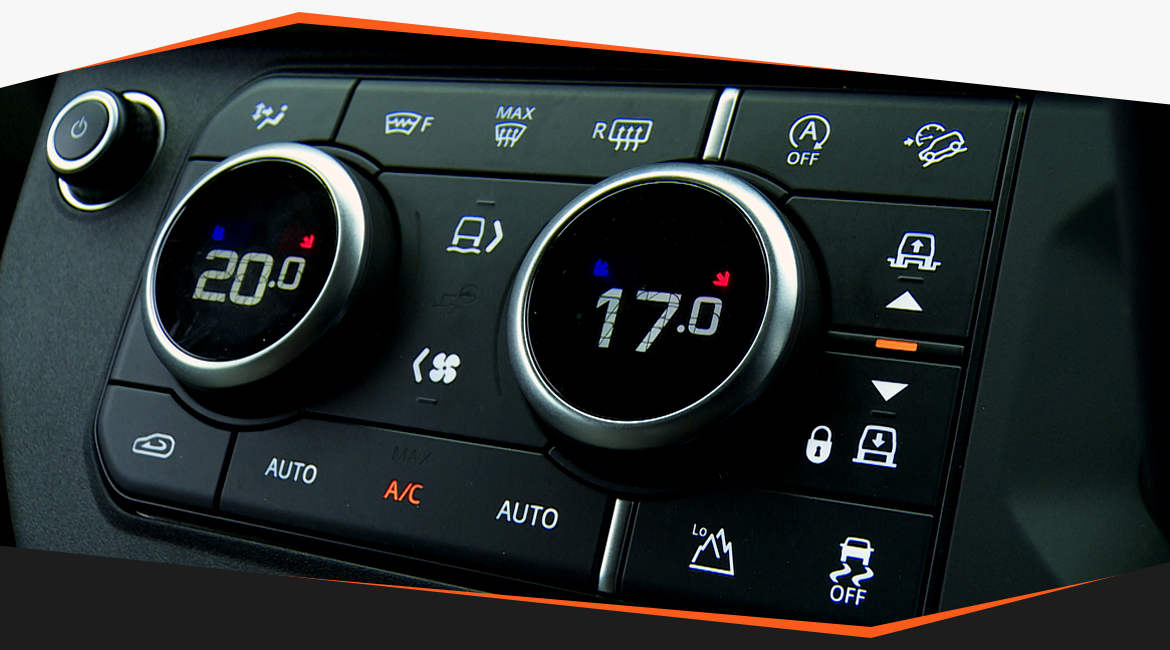
Lease Payments
Monthly Lease Payments
One of the fundamental questions about vehicle leasing is, "What do monthly lease payments cover?" Monthly lease payments primarily cover the depreciation of the vehicle during the lease term, along with any associated interest charges and taxes. These payments do not contribute to vehicle ownership.
Calculating Lease Payments
Lease payments are calculated based on several factors, including the vehicle's purchase price, the residual value (the vehicle's estimated value at the end of the lease), the lease term, the interest rate (money factor), and any additional fees or taxes. Understanding how these elements interact can provide clarity on how lease payments are determined.
Negotiating Lower Lease Payments
While lease payments are based on several fixed factors, lessees can employ negotiation strategies to potentially lower their monthly payments. This might include negotiating a lower purchase price, exploring lease specials and incentives, or making a higher initial down payment.
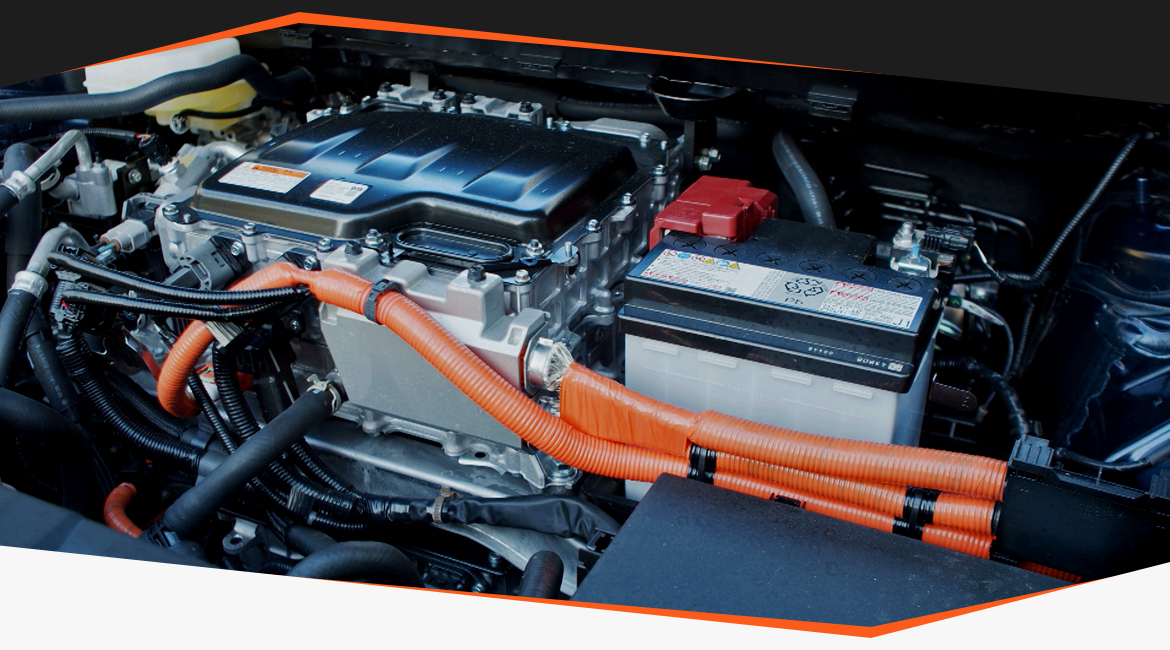
Vehicle Maintenance and Repairs
Vehicle leasing often raises questions about who is responsible for maintenance and repairs during the lease term. Lessees are typically responsible for routine maintenance to keep the vehicle in good condition. This includes tasks such as oil changes, tire rotations, and brake pad replacements.
Routine Maintenance Requirements
Lessees should be aware of routine maintenance requirements outlined in the lease agreement. Additionally, they may benefit from manufacturer warranties that cover specific maintenance services during the lease term. These warranties can offer peace of mind and potentially reduce out-of-pocket expenses.
Excessive Wear and Tear
Excessive wear and tear on the leased vehicle can have financial consequences at the end of the lease. It's important for lessees to understand that they may incur additional charges for wear and tear beyond what would be considered to be 'fair wear and tear'.

Mileage Limits and Excess Mileage Charges
Many lessees have questions about the mileage limits specified in lease agreements. Mileage limits define the maximum number of miles a lessee can drive the vehicle during the lease term. These limits are typically set at the beginning of the lease.
Exceeding Mileage Limits and Associated Charges
If a lessee exceeds the mileage limit stipulated in the lease agreement, there are associated charges. These charges can add up quickly, making it essential for lessees to understand the financial implications. Understanding how excess mileage charges are calculated and the importance of monitoring mileage can help lessees avoid unexpected costs.
Tips for Estimating Mileage Needs
To avoid excess mileage charges, lessees can benefit from tips on estimating their mileage needs before signing a lease. Factors such as daily commute distance and anticipated trips should be considered when determining the appropriate mileage limit for their lease.

Insurance Requirements
Vehicle leasing comes with specific insurance obligations for lessees. Lessees are typically required to maintain auto insurance throughout the lease term. This insurance is essential to protect both the lessee and the lessor in case of accidents or damage to the vehicle.
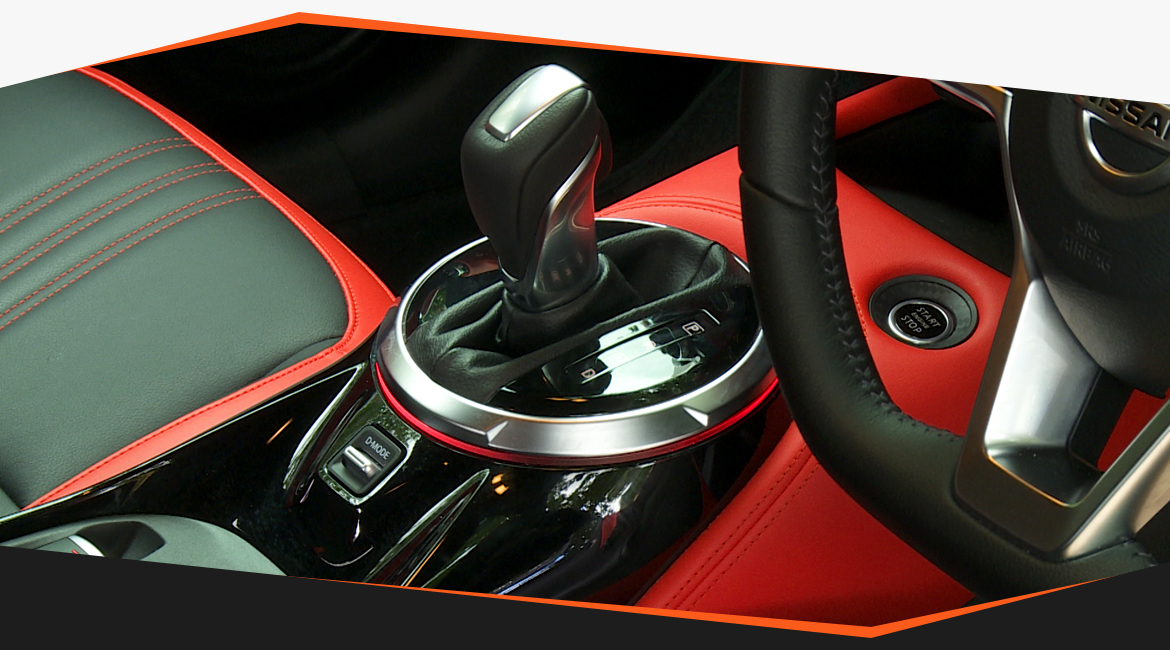
End-of-Lease Options
Vehicle leasing offers several end-of-lease options for lessees to consider. These options typically include returning the leased vehicle and leasing a new vehicle. The option of purchasing the leased vehicle is generally only possible with a Personal Contract Purchase (PCP contract. Discussing these choices in detail before agreeing to a contract hire can help lessees make informed decisions.

Vehicle Leasing: Pros & Cons
Every driver's needs are unique. Evaluate your daily driving routine, whether it involves short urban trips, long highway journeys, or a mix of both. Your driving patterns will influence the most suitable power option for you.
Consider how your vehicle aligns with your lifestyle. If you're environmentally conscious and have access to charging infrastructure, an electric vehicle might be a perfect fit. On the other hand, if long road trips are a common occurrence, a hybrid might provide a balance between efficiency and flexibility.
Test driving is crucial. It gives you firsthand experience of how each power option performs in various scenarios. Beyond performance, consider factors like interior comfort, cabin noise, and driving dynamics that resonate with your personal preferences. Remember, your vehicle should not only meet your practical needs but also bring joy to your driving experience.
Advantages of Vehicle Leasing
Lower Upfront Costs: Vehicle leasing typically involves lower initial costs compared to purchasing a new car. Lessees often pay a smaller down payment, if any, making leasing an attractive option for those with budget constraints.
Access to Newer Models: Leasing allows individuals to drive the latest vehicle models with advanced features and technology. This constant access to innovation can enhance the driving experience.
Disadvantages of Vehicle Leasing
Mileage Restrictions: One of the notable disadvantages of leasing is mileage restrictions. Lessees are typically limited in the number of miles they can drive annually without incurring extra charges. This limitation can be restrictive for individuals with extensive daily commutes or frequent road trips.
Absence of Vehicle Ownership: Unlike traditional ownership, leasing does not result in vehicle ownership at the end of the lease term. This means that lessees do not build equity in the vehicle and do not have an asset to sell or trade-in when the lease concludes.
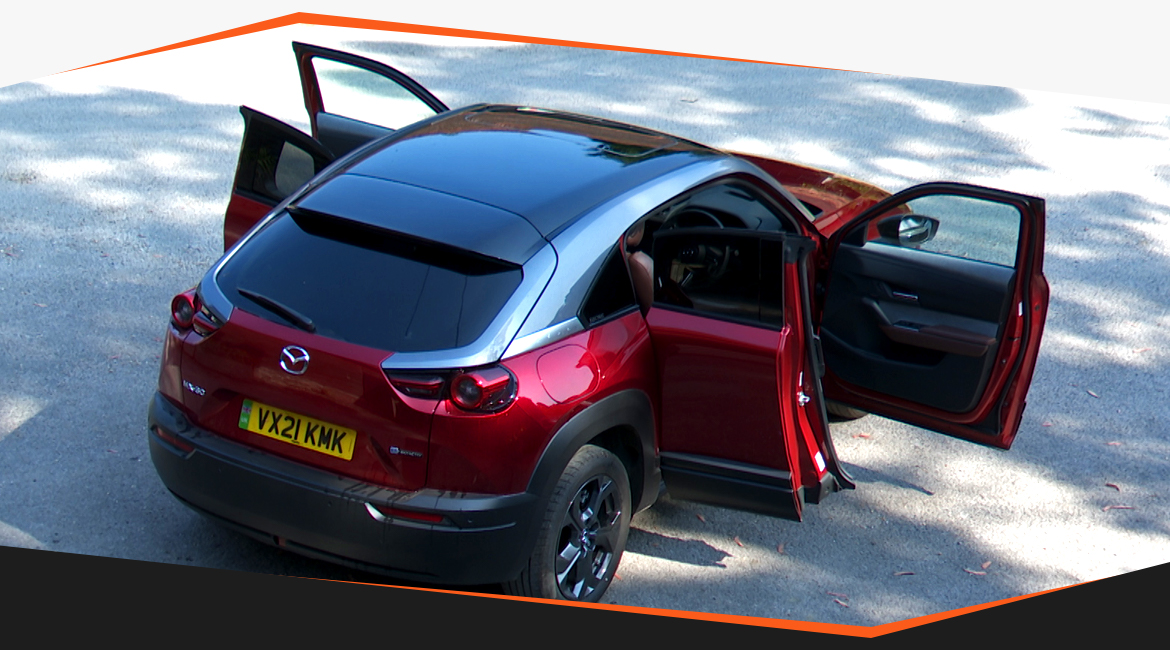
Get in Touch to Learn More About Leasing With V4B
Vehicle leasing offers a flexible and cost-effective alternative to traditional ownership. It allows you to enjoy the benefits of driving newer models with lower upfront costs, making it an appealing choice for many.
We understand that leasing decisions can be significant. That's why we encourage you to get in touch for expert advice and personalised leasing solutions. Give us a call on 0800 096 6488 - our team is dedicated to helping you make informed choices that align with your needs and preferences. Whether you're looking to lease a car or van, we have a solution tailored to your requirements!